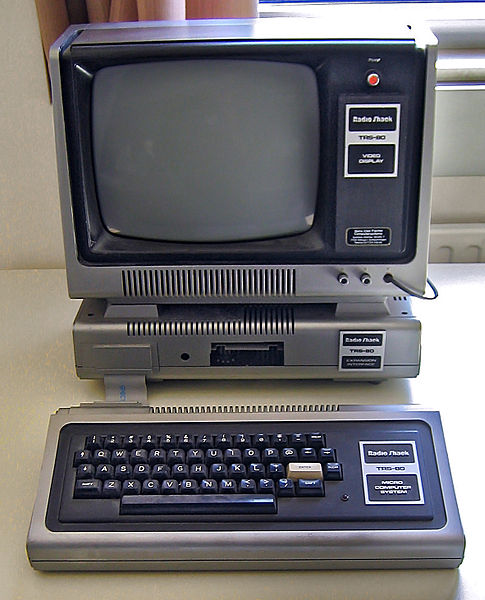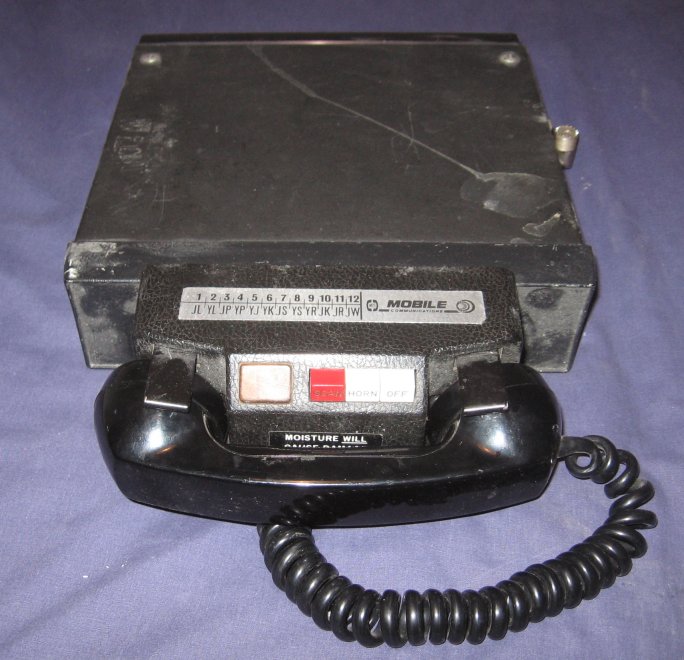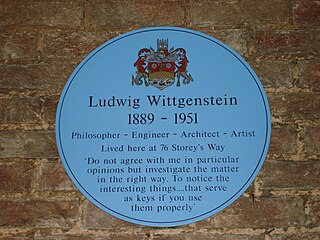This is my reasoning behind voting for Bernie Sanders for president. It's written to both my Republican and Democrat friends. If political posts offend you, please feel free to skip it.
Bernie Sanders isn’t radical. He just wants to swap corporate socialism for democratic socialism.
We already live in a socialistic country, but we’re serving corporations over people. We handed out trillions of taxpayer dollars (that’s the taxes WE pay each year) to bailout reckless bankers and speculators. In New York, Yahoo is receiving $2 million for every job it creates in the area. Alcoa is receiving $5.6 billion in electricity discounts. Boeing is receiving billions in subsidies to build a plant in South Carolina. Cabela’s received $32 million in government subsidies to build a store in Hamburg, Pa. The largest 500 companies in the U.S. legally keep more than $2.1 trillion in tax havens abroad. Yes, corporate socialism is alive and well.
Corporate socialism serves the rich on the backs of everyone else. The $21 billion saved by the nation’s largest banks last year didn’t create more jobs as promised—it went into massive bonuses for bank executives (while 4,000 lower-level employees lost their jobs altogether).
General Motors received $600 million in federal contracts and another $500 million in tax breaks. GM Chairman and CEO Mary Barra took in nearly $22 million in total compensation while some 14,000 workers were laid
Trump perfected the art of shielding himself from liability by claiming bankruptcy and then letting the suckers (a. k .
Executives are free to run their businesses into the ground while pulling the ripcord on their golden parachutes. Sears, for example, paid out $25 million to executives while thousands of workers were laid Tolstedt
But there’s a problem. None of this will last if the U.S. debt continues to balloon. Increased debt would raise interest rates, put downward pressure on
So billionaire funded organizations like Americans for Prosperity pushed the Republican party further to the right. Thanks to Citizens United, huge amounts of cash now flows into the political system—like $1.2 billion from just the 10 most generous donors and their spouses over the last decade. And nobody really knows the real numbers or how much of it comes from outside of the country via shell companies. The goal is simple: protect corporate profiteering and cut costly entitlement programs like social security and other welfare programs. Fight tooth and nail to stop universal healthcare. Fight against public funding for early childhood development, education, and other social programs. This is how the 1% protect their interests while keeping the national debt from ballooning to the point the whole system becomes unsustainable.
Do the recipients of this dark money windfall dance when they're told to?Of course they
Do the recipients of this dark money windfall dance when they're told to?
Practically no one in the 2016 republican party wanted Trump as the presidential nominee (or even said nice things about him). But they underestimated his populist appeal. As Joseph Nye writes in his latest book, Do Morals Matter? Presidents and Foreign Policy from FDR to Trump, “The economic dislocations caused by globalization were accentuated managed to be on
But when it came to corporate socialism, Trump delivered… bigly. Here was a man with all the reality TV instincts to fire up the base and was just amoral enough to claim he would never touch social security or preexisting condition protections at the exact
Which brings me back to Bernie.
He understands that the only way to fix all this is from the bottom up. That, as historian Sidney Mills termed the “momentous reconstructions of politics” comes from social movements and not moderate, middle of the road legislators looking to strike a compromise across the aisle. Look at the history of abolitionism, suffrage and women’s rights, civil rights, the labor movement, farming reforms, environmentalism, antiwar activism, and gay rights. Driving all of this was the belief that we do not have to wait for change from the top down. Social movements develop in response to grave injustices in American life. They serve as an independent check on mainstream progressive politics, are grounded
Bernie is a singularly unique political figure in our time. He has been fighting for the social good his entire life. He won’t take a single dollar from billionaire donors and corporations. He is a politician divested of personal ego, greed, and a lust for power. He can rally the majority at the bottom to fundamentally change In my opinion, no
Yes, any of the other Democratic nominees are better than Trump. But, despite the hand ringing of folks like James Carver and Chris Matthews, the time for incremental change is over. We need to go all in. We need to double down on Bernie and shake the institutional elite to their very core. Or we need to die trying (figuratively). We can’t wait another four years.
I write this to not only try to persuade those on the right who aren’t part of the 1% and have been duped try to
When asked by Joe Rogan on his podcast how Bernie would get any of his legislative goals past Mitch, I loved his answer. He said that he would go to Kentucky where McConnell is the senator and hold large, public rallies. Bernie would take his case directly to the people and call on McConnell to explain why he isn’t willing to raise the minimum wage, or provide access to healthcare, or protect social security.
For the kind of progressive change we need, it requires someone willing to fight and galvanize a social movement. Bernie is the only candidate who can do this, who will do this, and who has spent a lifetime in the trenches fighting this fight. It’s all-or-nothing folks. That’s why I’m voting and supporting Bernie Sanders for president. I hope you will, too.




